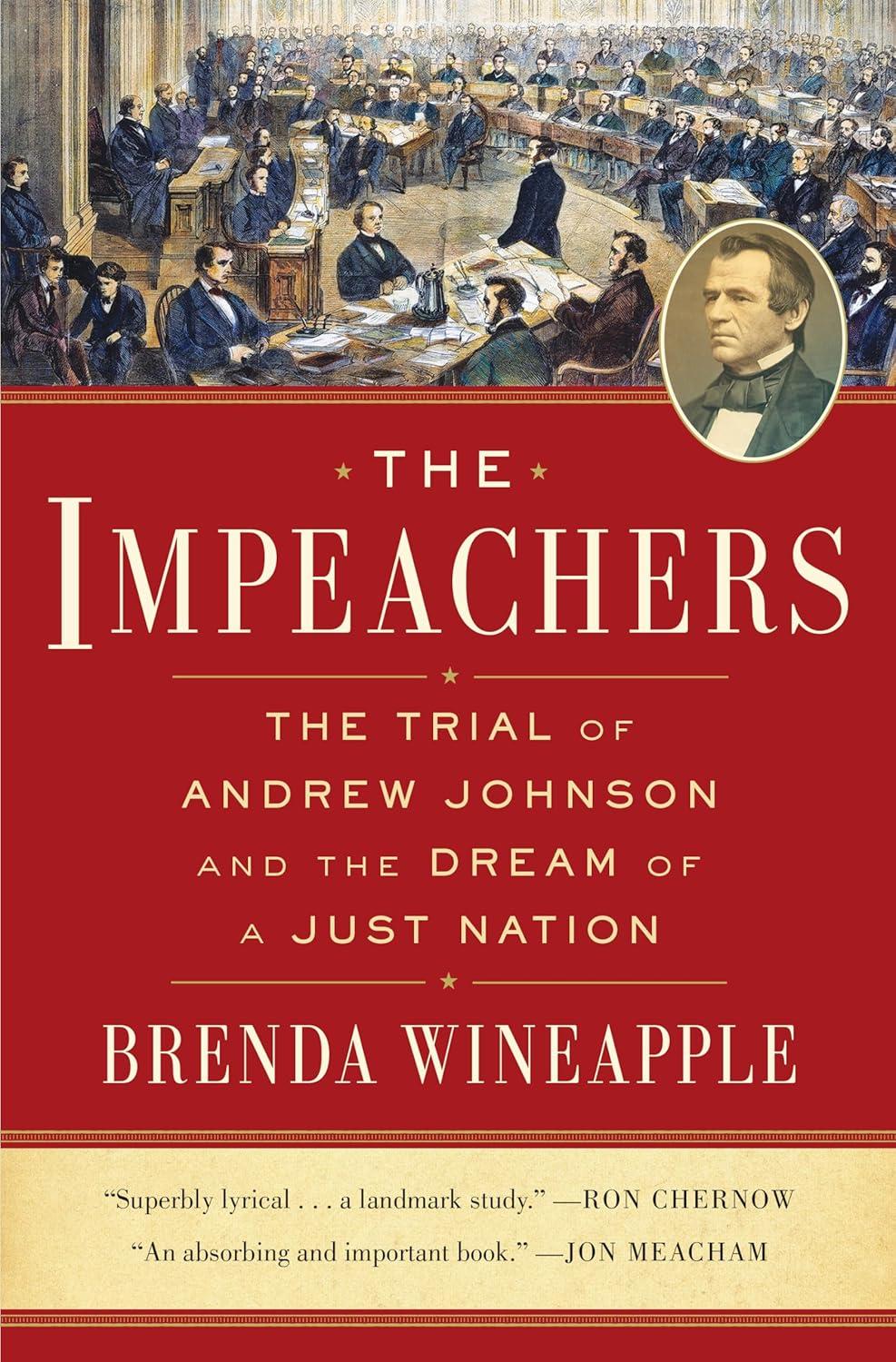In May 1868, President Andrew Johnson came one vote short of conviction on articles of impeachment. His was the first presidential impeachment in US history, one of only three to date to go to trial. It came in the traumatic aftermath of the Civil War, amid a constitutional crisis over the relative powers of the president and Congress to set the terms of national reconstruction, including establishing the rights of 4 million newly freed African Americans. It remains the closest the country has ever come to convicting a president for “treason, bribery, or other high crimes and misdemeanors.” That Johnson did not get convicted, however, raises its own set of questions. If Congress could not succeed in prosecuting Johnson, is there reason to think it might never succeed in convicting a president? Given the political dynamics and consequences of the process, is there perhaps a better measure of success for impeachment than removing a president from office?
Impeachment has always been an obscure process. Article II, Section 4, of the Constitution identifies it as the ultimate check that the legislative branch has on the powers of the executive. But the article offers only minimal guidelines for the kind of behavior that merits impeachment or the process of adjudicating it. It states that “the President, Vice President and all civil Officers of the United States, shall be removed from Office on Impeachment for, and Conviction of, Treason, Bribery, or other high Crimes and Misdemeanors.” Treason and bribery are straightforward enough, but the catchall category of high crimes and misdemeanors allows for a wide scope of transgressions. What the founders had in mind, Alexander Hamilton explains in The Federalist Papers, was “the misconduct of public men” or, in other words, “abuse or violation of some public trust.” Impeachment, therefore, was the remedy not only for corruption and treason but also for other abuses of power. For this reason, it was “denominated POLITICAL” in nature and thus posed difficulties in terms of enforcement. A trial for impeachment would never be an ordinary trial. Prosecutors (from the House of Representatives) would have wide latitude in defining the offenses, and in the absence of a jury, judges (the Senate) would have an “awful discretion” in deciding the case. To complicate matters, sometimes political neutrality would be in short supply. “In such cases,” Hamilton noted, “there will always be the greatest danger that the decision will be regulated more by the comparative strength of parties, than by the real demonstrations of innocence or guilt.”
